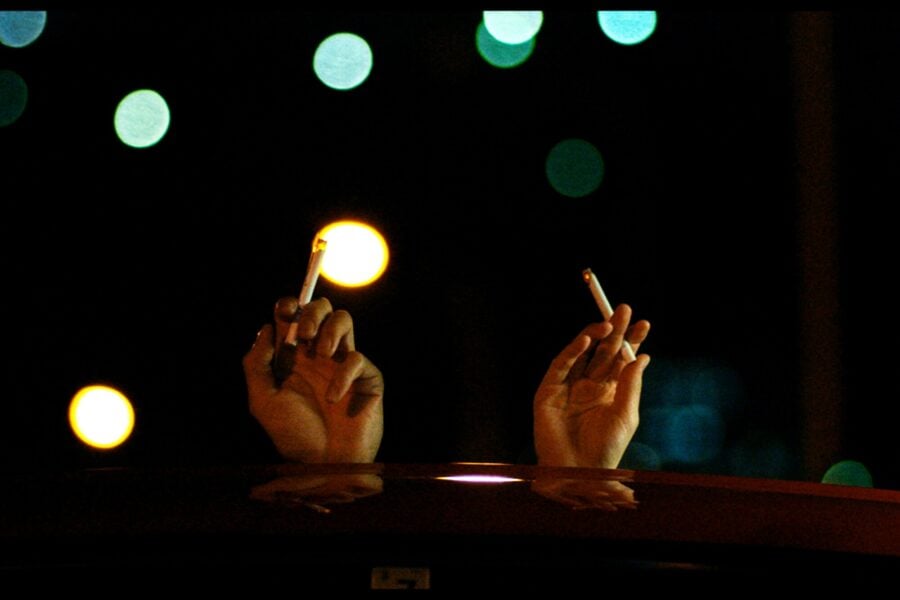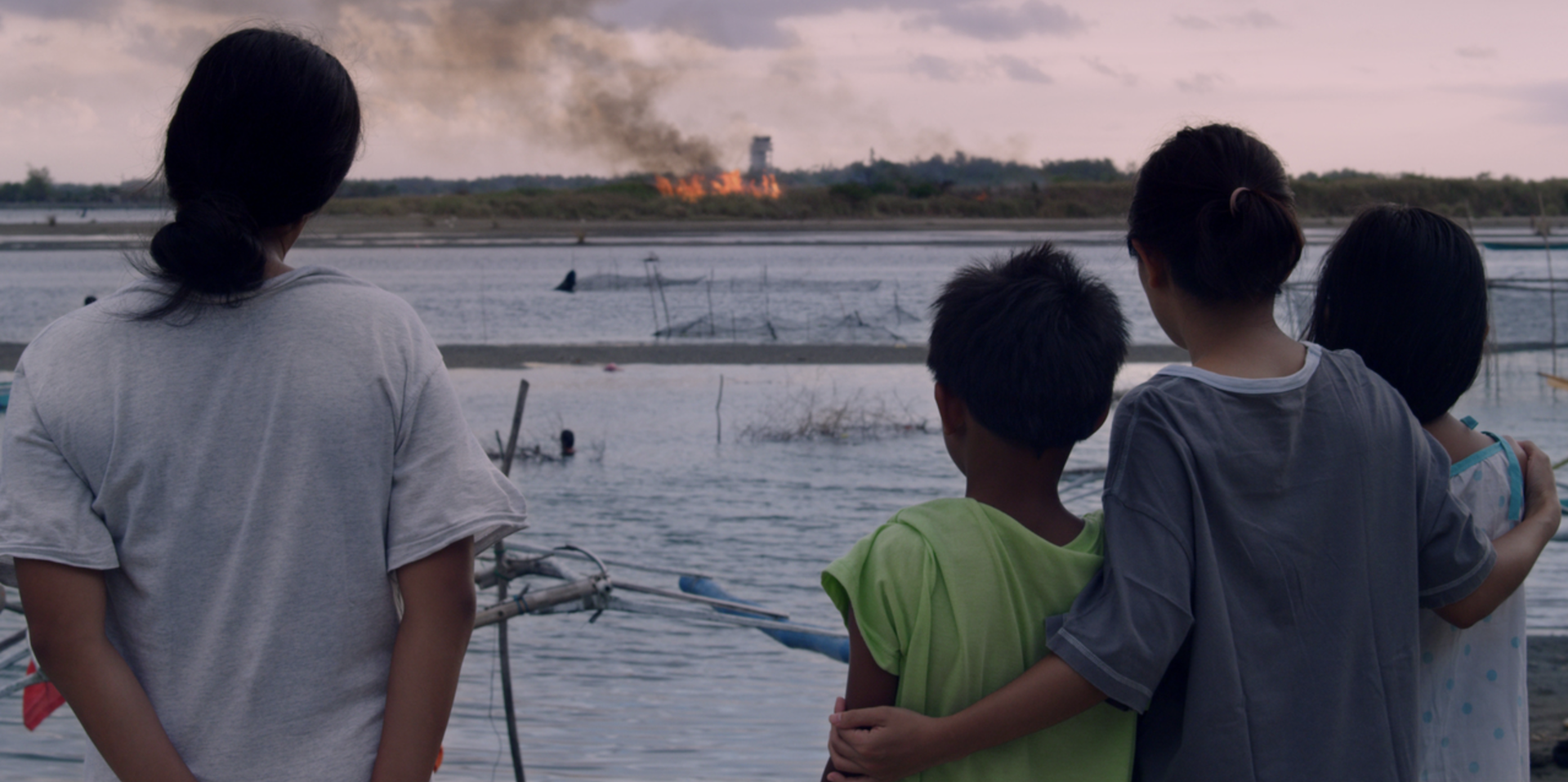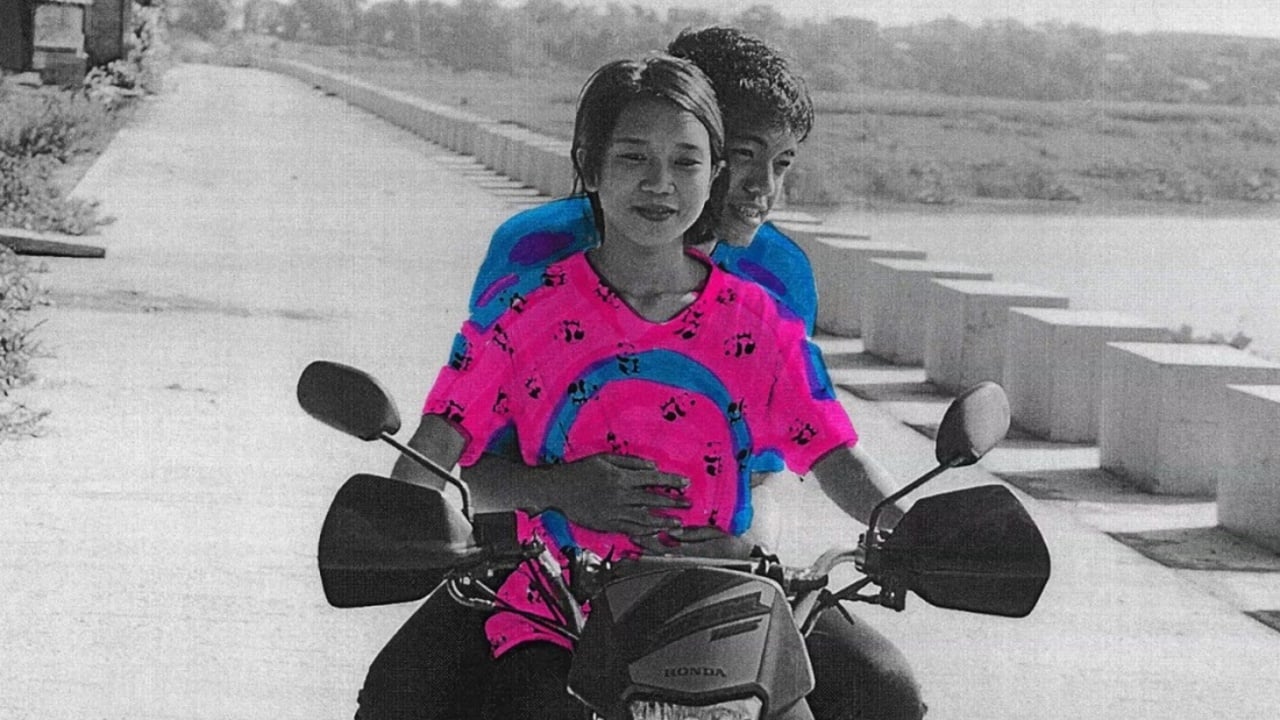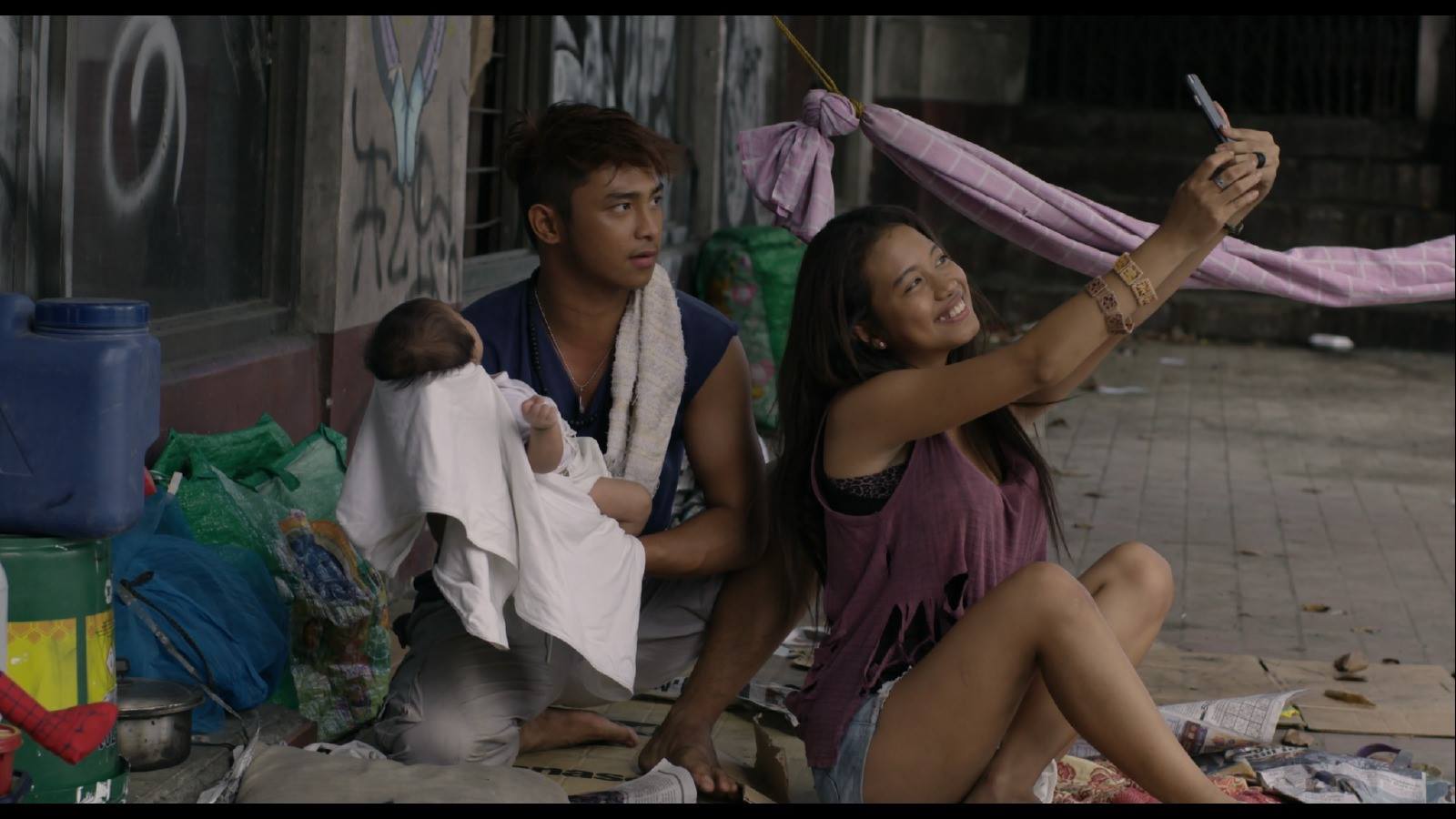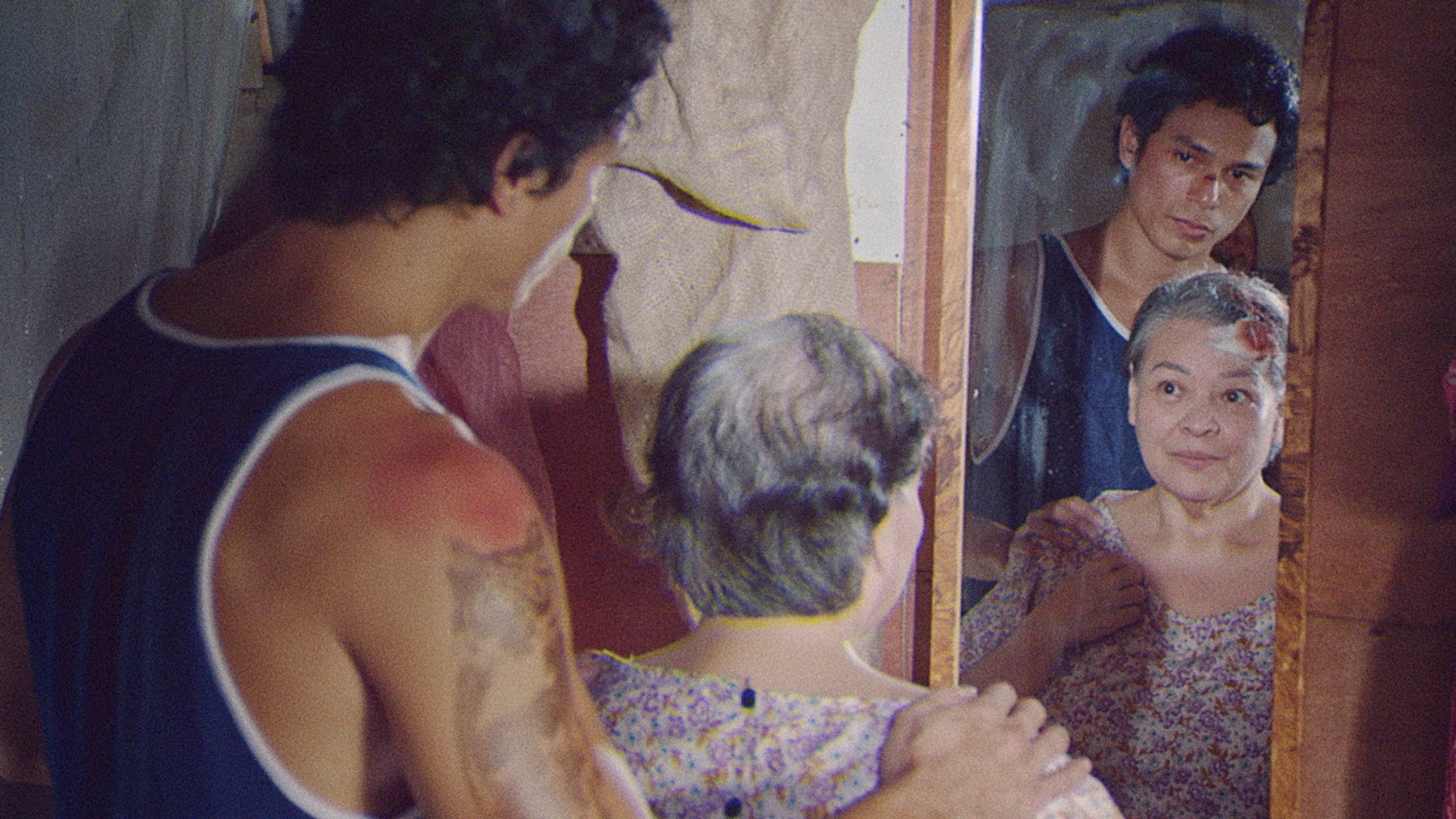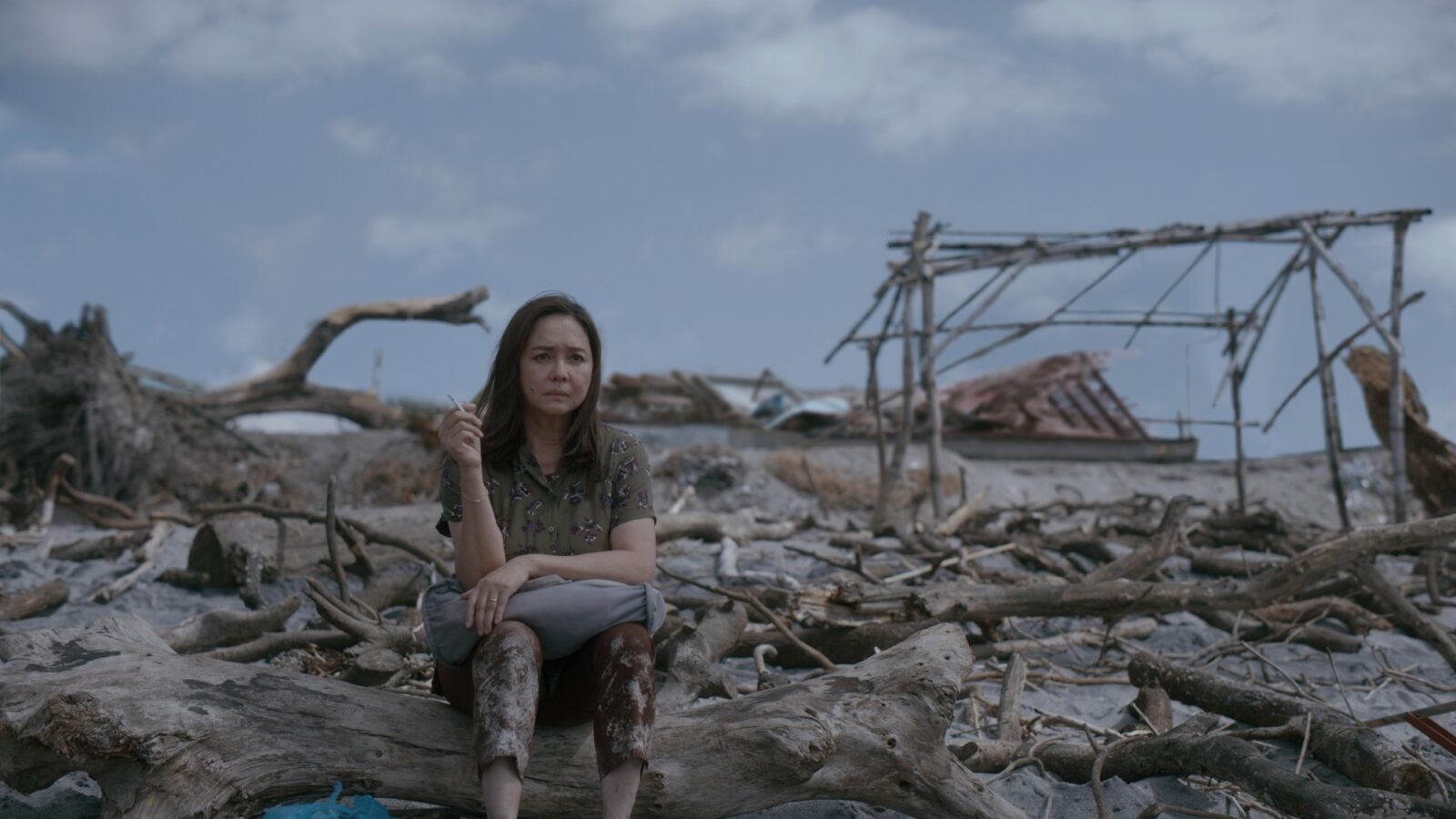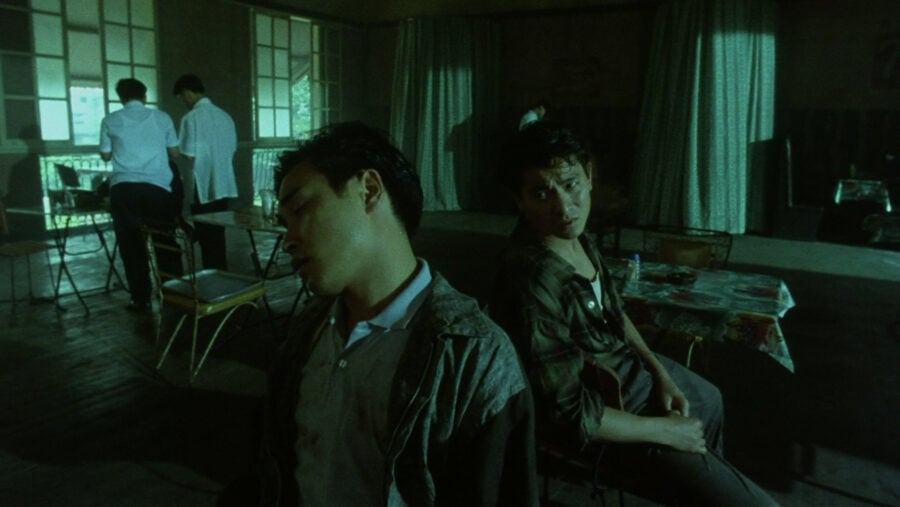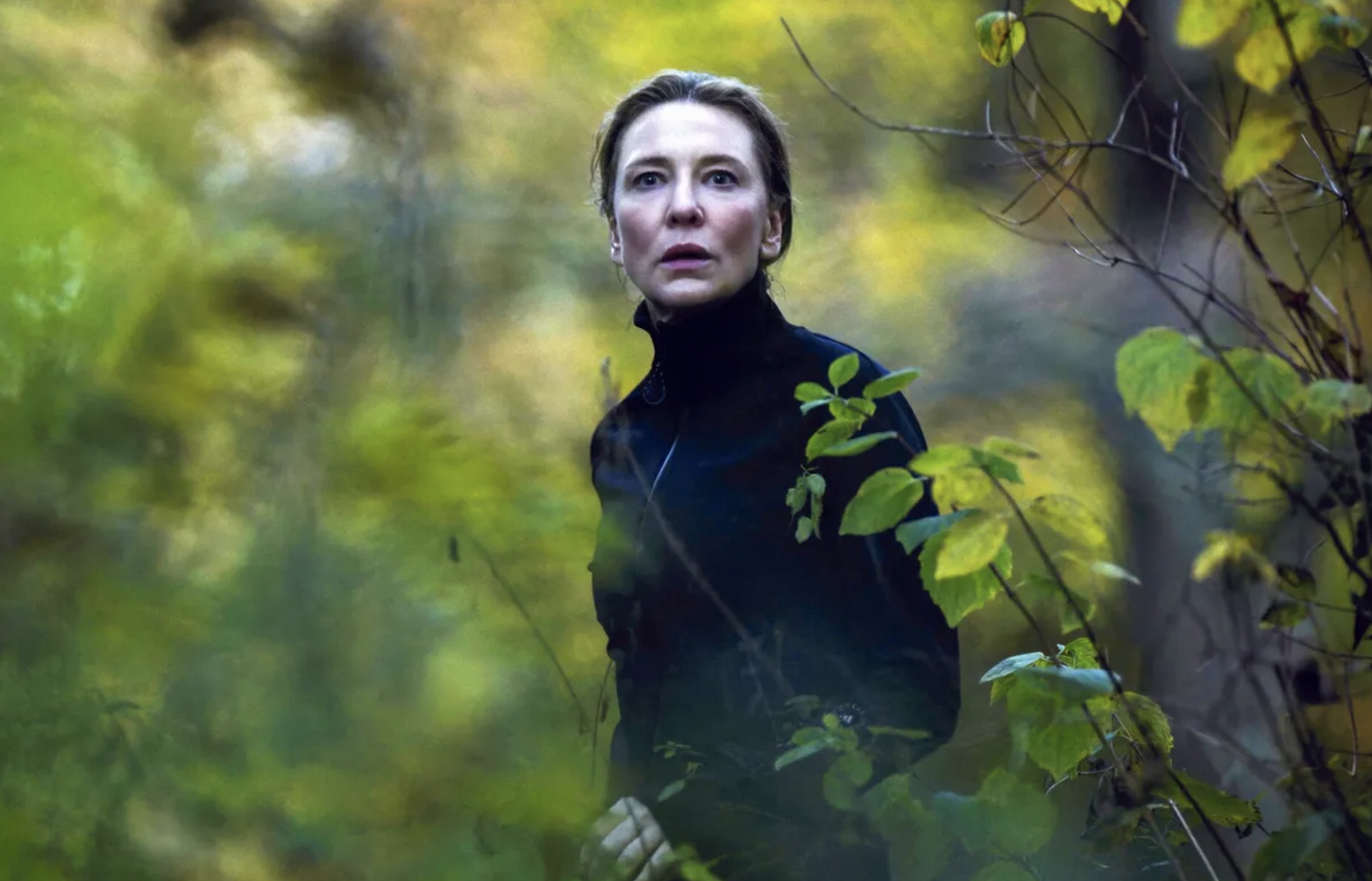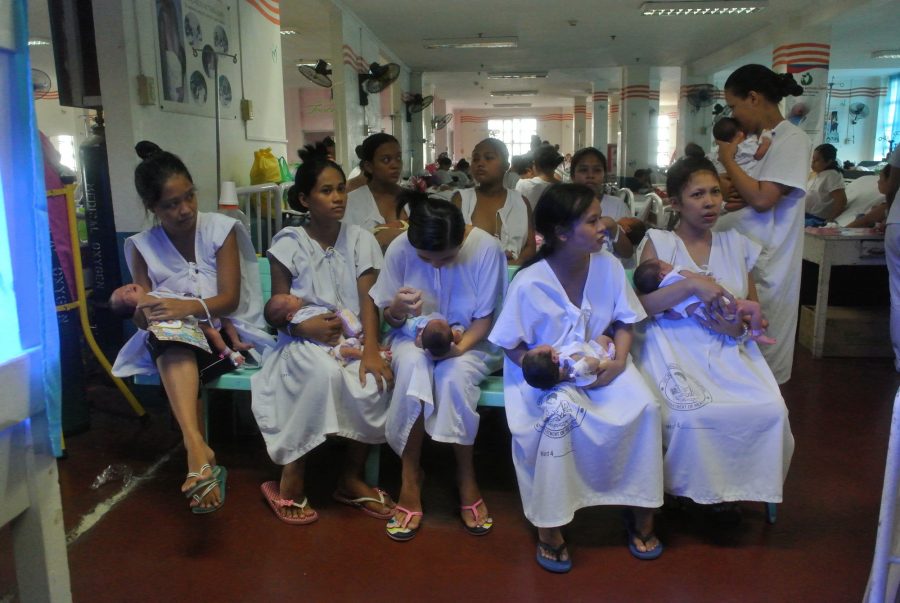Filled with dense conversations about classical music and cryptic suggestions of a guilty conscience, Tár makes for a challenging watch that rewards patient viewing. The film is ultimately a study of power in an industry built on preserving centuries-old traditions—which makes the character of Lydia Tár, as a queer woman and as a proud, egotistical conductor, such an anomaly in this world. Certain strange choices by the end notwithstanding, this is a movie that leaves itself wide open to interpretation to its view on karma, accountability, and cycles of power. And Cate Blanchett is as good as the awards say: fully immersed in Lydia's ways of arrogant self-preservation, and twitching at every ambient noise that reminds her how fake she truly is.
Genre: Drama, Music
Actor: Adam Gopnik, Alec Baldwin, Alexandra Montag, Allan Corduner, Alma Löhr, André Röhner, Anselm Bruchholz, Artjom Gilz, Cate Blanchett, Chalee Sricharoen, Christoph Tomanek, Constanze Sandmann, Diana Birenytė, Dorothea Plans Casal, Ed White, Frank Röth, Jasmine Leung, Jessica Hansen, Johann von Bülow, Johanne Murdock, Johannes Pfeiffer, Julian Glover, Juliane Kettschau, Kaela Solene Spranger, Kenneth Won, Kitty Watson, Lee Sellars, Lucie Pohl, Lydia Schamschula, Marie-Anne Fliegel, Marie-Lou Sellem, Mark Strong, Mila Bogojevic, Murali Perumal, Nina Hoss, Noémie Merlant, Phongphairoj Lertsudwichai, Prapruttam Khumchat, Razvan Popescu, Sam Douglas, Sarah Bauerett, Somiko Singha-Sila, Songha Choi, Sophie Kauer, Sorawith Sorinchaipaisal, Sydney Lemmon, Sylvia Flote, Tamaki Steinert, Tanutt Tanavoravongsa, Tatjana Reuter, Teresa Philomena Schild, Tilla Kratochwil, Vincent Riotta, Vivian Full, Xenia Assenza, Zethphan Smith-Gneist
Director: Todd Field

